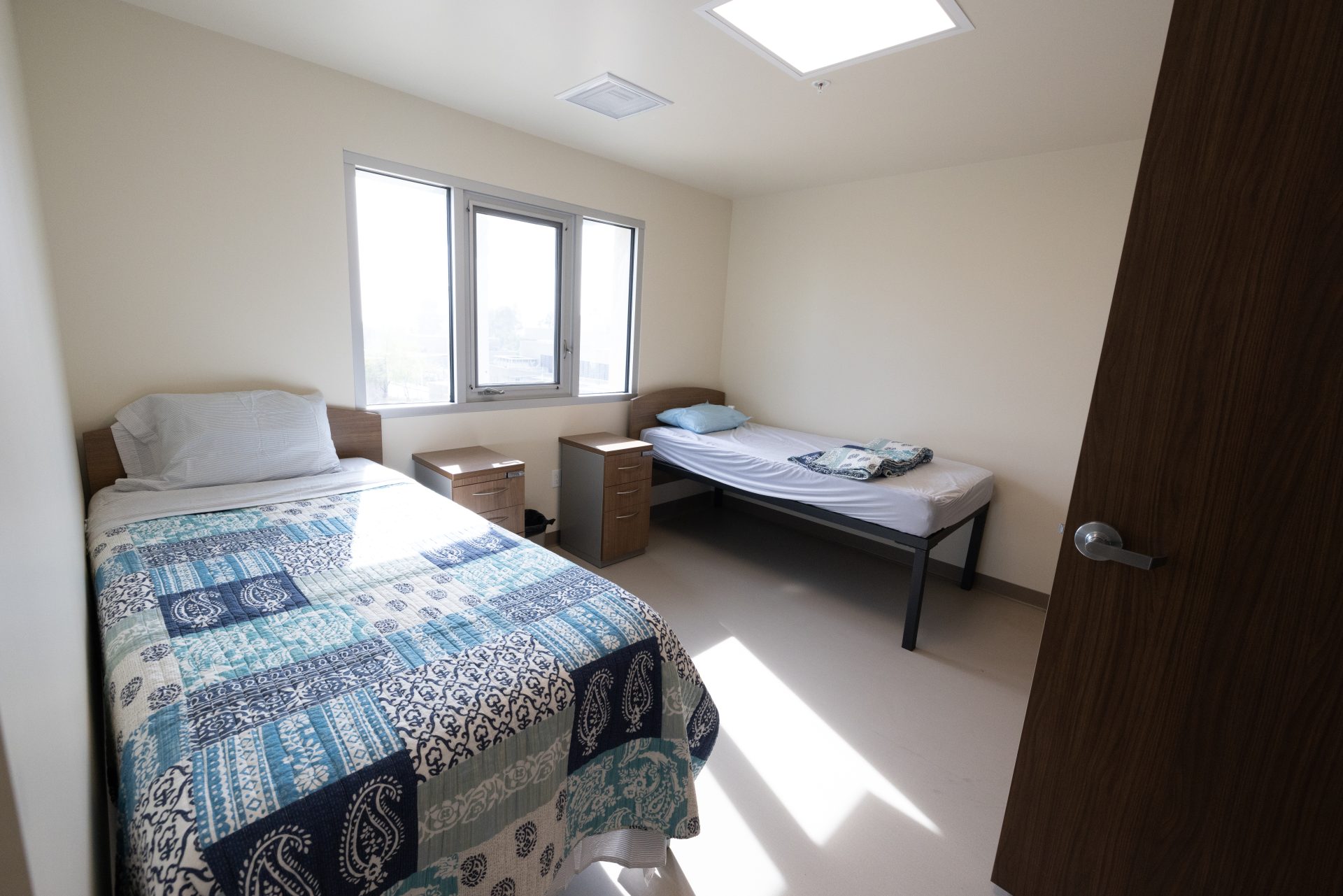Today, the Los Angeles County Board of Supervisors put a plan in motion to address its shortage of mental health beds that provide care for indigent individuals suffering from untreated severe mental illness.
All five members unanimously approved the motion, introduced by Supervisor Kathryn Barger and co-authored by Supervisor Holly Mitchell, that directs the County’s Department of Mental Health and its Chief Executive Officer to work with a consultant to project forecasted bed capacity needs in acute, subacute, and residential settings.
“I want our County to be prepared to serve some of the most vulnerable individuals who desperately need a therapeutic, professional, recuperative environment and have no means to get that type of service on their own,” said Supervisor Kathryn Barger. “Despite our best efforts to build and contract more mental health beds, we remain thousands of beds short of our current need. We need numbers, data, and fiscal projections to ground our planning work for the years to come.”
The motion builds upon a 2019 report that studied inpatient treatment system needs and a successful two-year pilot that added 500 beds to the County’s portfolio of residential care sites.
“This analysis complements the progress we are making in creating beds whenever we can to help those that are suffering now by providing an important roadmap to make sure we are clear on our end goal,” said Supervisor Holly J. Mitchell.
It also emphasizes the forthcoming demand for mental health beds due to L.A. County fast-tracking its implementation of CARE Court and its recent emergency proclamation over the homelessness crisis.
The National Alliance on Mental Illness of Greater Los Angeles submitted a letter voicing their support of the motion.
According to the Treatment Advocacy Center, the majority of individuals with the most severe forms of mental illness do not have health insurance and are underserved by private psychiatric hospitals and psychiatric units in general hospitals, 81% of which are privately owned.


